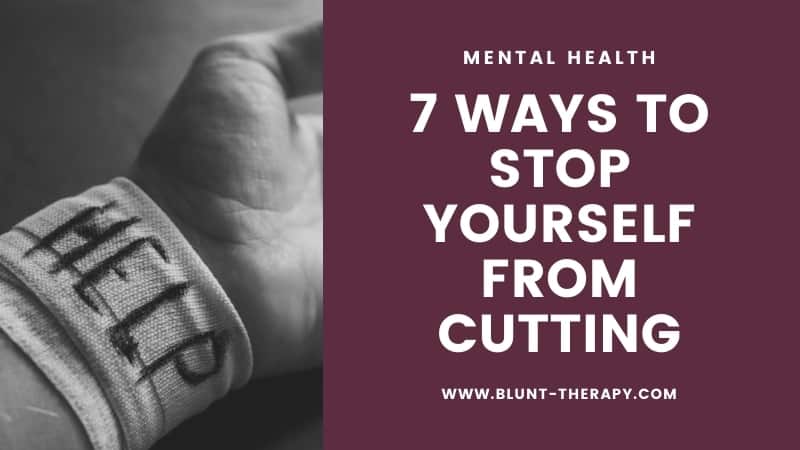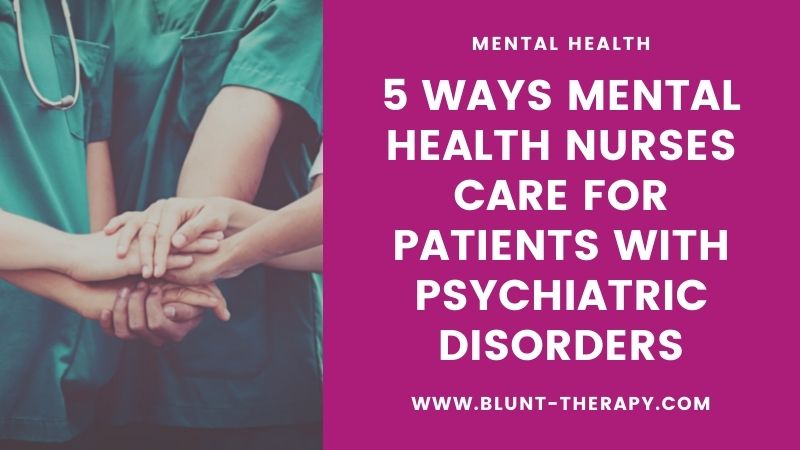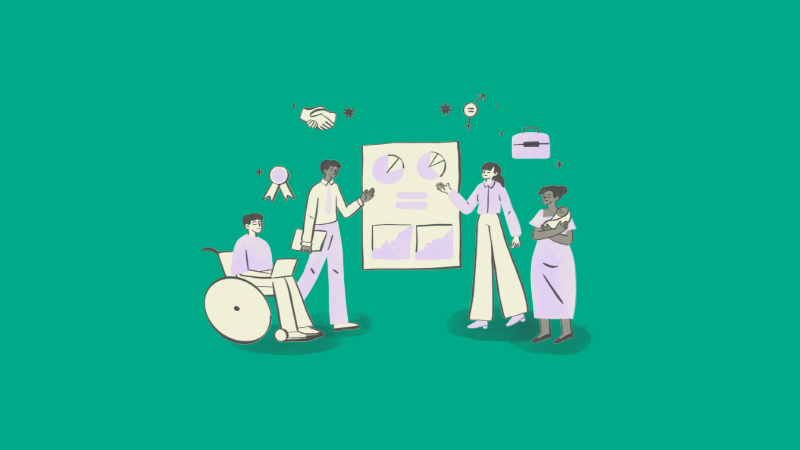Table of Contents
Affiliate link notice: As an affiliate of BetterHelp and other third-party vendors, We will receive compensation if you make a purchase using the links provided on this page. For more information, visit our disclosure page.
Last Updated on January 16, 2024 by Randy Withers, LCMHC
Imagine a world where tackling tasks feels more like taking small steps than climbing mountains. We’ve all been stuck in the trap of anxiety-induced procrastination, where even the simplest things seem overwhelming. But don’t worry – we’re going to explore some practical strategies to boost your productivity.
Remember, the goal isn’t to be perfect – it’s to make progress. These everyday tools help you break free from procrastination and create room for small victories.
As we go along, think of these strategies not as a complicated plan, but as simple tools to guide you. Beating procrastination isn’t just about dealing with tasks, it’s about changing how you approach getting things done.
So, let’s start this journey together, where we learn to develop smart plans, celebrate wins, and find that procrastination gives way to productivity. Take each step confidently – the path is waiting for you.
But let’s start by making sure we are on the same page about procrastination and the anxiety that causes it.

What Is Anxiety-Induced Procrastination?
Let’s dive into the heart of the matter – anxiety-induced procrastination. This isn’t just about delaying tasks; it’s a nuanced dance between feeling anxious and avoiding what needs to be done. The fear of not doing things perfectly or the sheer size of a task starts a cycle of avoidance, making each task seem scarier than it really is.
Now, you might wonder, is procrastination a trauma response? Well, sometimes it can be. Anxiety-induced procrastination can be a way our minds cope with overwhelming feelings, especially if those feelings are linked to past traumas. It’s like a defense mechanism, giving us a temporary escape from facing something emotionally challenging.
But is procrastination a coping skill? Not exactly. While it might provide temporary relief from stress, it doesn’t solve the underlying issues. Coping skills are generally healthier strategies to deal with stress, like talking to someone or engaging in activities that bring joy. Procrastination, on the other hand, delays the inevitable and can add to our stress in the long run.
Now, let’s address the elephant in the room – how is procrastination different from laziness? Laziness is a lack of desire to do anything, an intentional avoidance of work. Procrastination, on the contrary, involves a desire to get things done, but being held back by anxiety or fear of failure. It’s more about struggling with taking the first step, rather than lacking motivation altogether.
Understanding anxiety-induced procrastination is like decoding a puzzle. It’s not just about tasks and deadlines, it’s about our emotions, fears, and how we navigate through them. Now, armed with this understanding, let’s explore the strategies that can help break the cycle of anxiety-induced procrastination.
12 Practical Tips To Overcome Anxiety-Induced Procrastination
To conquer anxiety-induced procrastination, we need effective strategies. Let’s explore these practical approaches together to break free from the cycle and create a more productive and fulfilling path.
1. Break Tasks into Bite-Sized Bits
When faced with a large, daunting task, it’s easy to feel overwhelmed and procrastinate. The key is to break the task into smaller, more manageable parts. This approach makes the task seem less intimidating and helps you to start making progress, which can build momentum and reduce anxiety.
- Practical Example:
- Task: Organizing a cluttered office.
- Steps:
- Sort papers into categories.
- Tackle one category at a time, such as bills or personal letters.
2. Set Realistic Goals
To overcome anxiety-induced procrastination, target realistic goals over perfect ones.
Let’s use fitness as and example. With fitness, you don’t want to overdo it. Slow and steady wins the race. Rushing into intense exercises without a plan can cause harm, so start with caution.
Practical Example:
- Week 1: Walk for 20 minutes, three times a week. This simple activity increases overall activeness.
- Week 2: Add a 10-minute home workout, twice a week. Pay attention to your body’s limits to avoid strain.
- Week 3: Extend your walk to 30 minutes and include an additional day for the 10-minute workout. This gradual increase builds stamina safely.
When setting goals, try using the SMART method. SMART stands for Specific, Measurable, Achievable, Relevant, and Time-bound. This approach is super helpful for beating procrastination because it gives you a clear plan and keeps you on track, making it easier to see your progress.
3. Create A To-Do List
A well-organized to-do list can transform how you approach your tasks. It acts as a visual guide to your day, helping you prioritize tasks and focus on what’s important. This prevents the paralysis that often accompanies a disorganized approach and helps manage anxiety by providing a clear path forward.
- Practical Example:
- Morning Routine: Write down all tasks.
- Prioritize: Assign a priority level and deadline to each task.
4. Master Time Management
Effective time management is crucial in combating procrastination. Techniques like the Pomodoro Technique can help you stay focused and productive. By breaking your work into intervals with short breaks, you can maintain concentration and energy, preventing burnout and anxiety.
- Practical Example:
- Task: Working on a report.
- Method:
- Work for 25 minutes.
- Take a 5-minute break.
5. Challenge Negative Thoughts
Anxiety often breeds negative thoughts, which can worsen procrastination. Actively challenging and replacing these thoughts with positive, realistic affirmations can significantly reduce anxiety and improve your mindset, allowing you to approach tasks more confidently.
- Practical Example:
- Situation: Nervous about a job interview.
- Affirmations:
- “I have prepared well.”
- “I am qualified for this role.”
6. Relaxation Techniques to the Rescue
Relaxation techniques are vital tools in managing anxiety. Techniques like deep breathing can quickly reduce stress levels, clear your mind, and improve focus. Regular practice can make them an effective go-to strategy in stressful situations.
- Practical Example:
- Technique: Deep breathing.
- Practice: Find a quiet place and focus on slow, deep breaths for 5 minutes.
7. Stay Present with Mindfulness
Mindfulness helps you stay anchored in the present, reducing worries about the future or ruminations on the past. Regular mindfulness practice can enhance focus, lower anxiety, and improve your overall mental well-being, making it easier to tackle tasks without procrastination.
- Practical Example:
- During Work: Take a short break for mindfulness.
- Focus: Pay attention to your breathing or the sounds around you.
8. Seek Support from Others
Sharing your struggles with trusted individuals can provide immense relief and support. It allows you to gain different perspectives, feel less alone in your challenges, and can often lead to practical solutions or advice.
- Practical Example:
- Situation: Discussing a work project.
- Action: Have coffee with a colleague to share ideas and concerns.
9. Celebrate Your Wins
Acknowledging and celebrating your accomplishments, no matter how small, can significantly boost your morale and motivation. This practice reinforces positive behavior and provides a sense of achievement, crucial in combating procrastination.
- Practical Example:
- Achievement: Completing a difficult task.
- Reward: Enjoy a favorite snack or a short break.
10. Embrace Healthy Habits
Incorporating healthy habits such as regular exercise and balanced nutrition plays a crucial role in mental health. These habits can improve your physical well-being, boost your mood, and increase your energy levels, making it easier to tackle tasks and reduce procrastination.
- Practical Example:
- Exercise: Take a short daily walk.
- Nutrition: Add a serving of vegetables to each meal.
11. Set (and Enforce) Boundaries
Establishing clear boundaries in your personal and professional life is crucial for maintaining balance and reducing stress. It helps you prioritize your well-being and ensures that you have time for both work and relaxation, reducing the likelihood of burnout.
- Practical Example:
- Social Life: Limit to two events per week.
- Personal Time: Reserve time for relaxation, self-care, exercise, and personal projects.
12. Know when To Seek Professional Help
When anxiety and procrastination become overwhelming, seeking professional help can be a crucial step. Mental health professionals offer personalized strategies and support. They can help you understand the underlying causes of your anxiety and procrastination and provide effective ways to manage them.
Whether you choose in-person sessions or the convenience of online therapy, getting professional guidance can make a significant difference in your journey towards well-being.
If you are interested in seeking help online, I wrote a review about BetterHelp you might like to read. You can also click this link to sign up for BetterHelp and get 10% off your membership!
Practical Example:
- Initial Step: Research therapists who specialize in anxiety and procrastination.
- Options:
- In-Person Therapy: Look for local therapists or counseling centers. Schedule an in-person consultation to discuss your challenges.
- Online Therapy: Explore online therapy platforms. These offer flexibility and access to therapists from the comfort of your home.
- Action Plan: In your first session, openly discuss your struggles with anxiety and procrastination. Collaborate with the therapist to create a tailored plan that suits your lifestyle and needs.
Final Thoughts:
And there you have it – 12 practical tools to combat the grip of anxiety-induced procrastination. Each strategy is like a key to unlocking a new level of productivity. Remember, this journey isn’t about perfection; it’s about progress. By breaking tasks into smaller steps, setting realistic goals, and mastering time management, you’re not just facing challenges – you’re conquering them.
As we reflect on our initial dilemma of anxiety-induced procrastination, we see how these strategies transform it from a mountain of stress to a series of conquerable steps. Remember – procrastination isn’t about laziness. It’s about avoiding anxiety.
But you can also avoid (or at least reduce) your anxiety by embracing these tools, celebrating your victories, and therefore seeing the gradual shift from procrastination’s grip to productivity’s embrace.
You’ve got this – just take it one step at a time.
Frequently Asked Questions (FAQ)
1. What medications help with procrastination?
Medications typically prescribed for conditions like Attention-Deficit/Hyperactivity Disorder (ADHD), such as stimulants like Adderall or non-stimulant options like Strattera, have been known to improve focus and attention. However, it’s crucial to consult with a healthcare professional before considering any medication, as their appropriateness depends on an individual’s specific health needs and circumstances.
2. Can anxiety-induced procrastination be overcome without professional help?
Yes, many individuals can successfully overcome anxiety-induced procrastination through self-help strategies, lifestyle changes, and practical tools. However, seeking professional help, such as therapy or counseling, can provide additional support and guidance in managing underlying anxiety and related challenges.
3. How long does it take to see improvement in anxiety-induced procrastination with the suggested tips?
The timeline for improvement varies among individuals. Consistent application of the suggested tips, along with patience and persistence, can contribute to gradual progress. It’s essential to recognize small victories and celebrate achievements along the way.
4. Is procrastination a coping mechanism?
Yes, procrastination can be a coping mechanism. People often use procrastination to manage feelings of anxiety, stress, or discomfort associated with a task. By delaying the task, they temporarily avoid these unpleasant emotions. However, procrastination is generally not an effective coping strategy in the long run, as it can lead to increased stress, feelings of guilt, and a buildup of tasks. Understanding the underlying reasons for procrastination, such as fear of failure, perfectionism, or decision-making anxiety, can be crucial in addressing it effectively.
4. Can anxiety-induced procrastination be a symptom of a more serious mental health condition?
While anxiety-induced procrastination is a common challenge, it can also be associated with various mental health conditions. If procrastination significantly impairs daily functioning or is accompanied by other concerning symptoms, it’s advisable to consult with a mental health professional for a comprehensive assessment.
5. Are the suggested tips in the blog post suitable for everyone experiencing anxiety-induced procrastination?
The tips provided are general suggestions and may not be suitable for everyone. Individuals with specific health conditions, unique circumstances, or those requiring personalized advice are encouraged to consult with healthcare professionals or mental health experts for tailored guidance.









